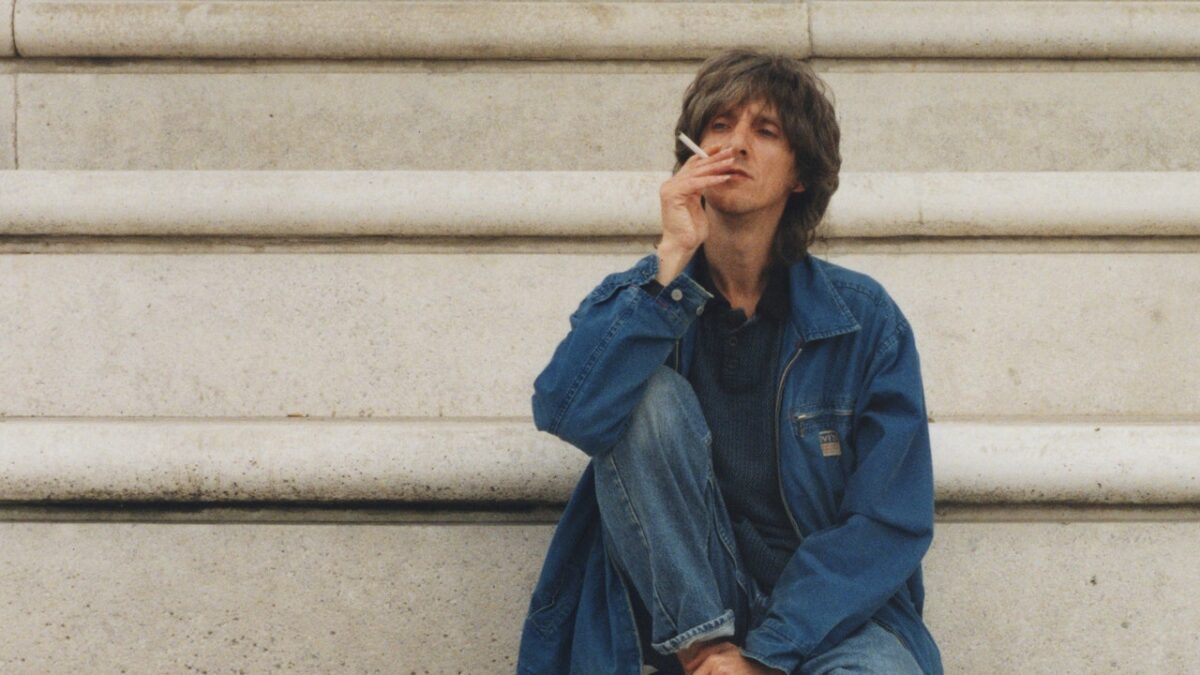
The Durutti Column’s 1980 debut album—confusingly titled The Return of the Durutti Column—originally came packaged in a sandpaper sleeve, a detail that couldn’t have been more at odds with the music inside. The sandpaper was a Situationist prank dreamed up in part by Factory Records boss Tony Wilson, who signed the group to his label, but there was nothing abrasive about the sound of the record, which set Vini Reilly’s quicksilver guitar melodies against Martin Hannett’s ghostly atmospheres and spare electronic production.
Although it had begun as a full-band effort—contributing two songs on 1978’s A Factory Sample EP, alongside Joy Division and Cabaret Voltaire—the Durutti Column was in effect the solo project of Reilly. Twenty-six years old when he released his debut, he had been playing guitar for 15 years and studying nearly as long, and after a brief stint crunching power chords in a Manchester band called Ed Banger and the Nosebleeds, he bought a £12 acoustic guitar and unlearned everything that punk had taught him, fashioning an idiosyncratic style out of bits and pieces of jazz, classical, blues, and flamenco.
Led by his own quixotic impulses, Reilly developed a singular style across dozens of albums released over the following decades. The essence of his sound is his tone: at once liquid and crystalline, and touched by quick, nervous vibrato, like a dewdrop quivering on a blade of grass. Combining expressive phrases with unusual voicings and unpredictable chord changes, his playing often has an almost discursive quality, as though he had transcribed the cadences of speech for his six-stringed instrument.
Reilly, who suffered a series of strokes in 2010 that left him unable to play, was never a particularly famous figure, but his 1980s albums frequently landed in the Top 10 of the UK independent charts, and over the years he amassed significant fans: John Frusciante reportedly called him “the greatest guitarist in the world.” It’s hard to overstate Reilly’s influence in the 1980s and ’90s, even as he swam against the current. He opted for a clean signal when distortion was de rigueur, and jazzy harmonies when barre chords were standard; he displayed virtuoso talent in an era when many of his post-punk peers were picking up their instruments for the first time. Year after year, the Durutti Column’s music—patient, reserved, catlike—appears more prescient. Today we would call it dream pop, but back then, there was no name for his sui generis brand of largely instrumental, quasi-ambient avant-pop. “Call it new music, but not radical or unpleasant,” Reilly said, with characteristic wryness.













